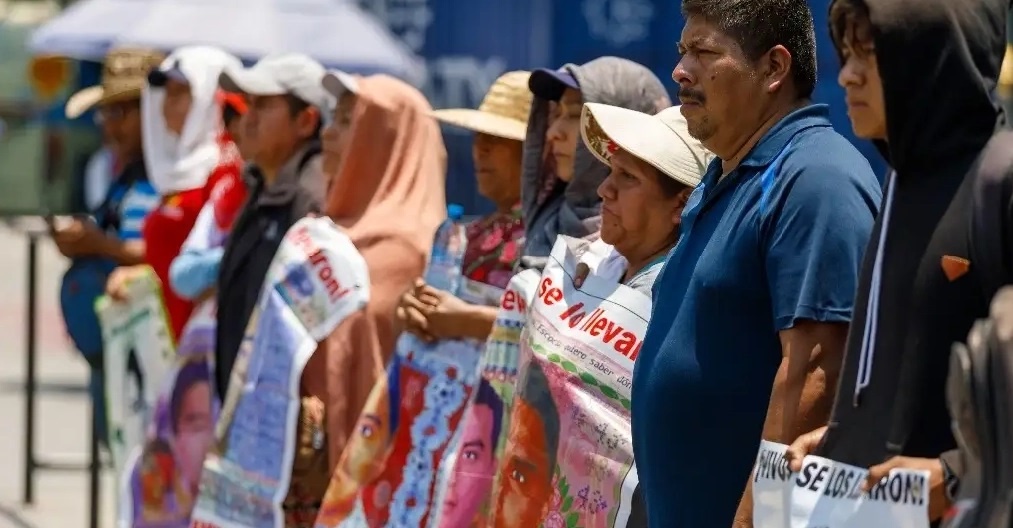Speech by Javier González Olaechea at the OAS after the rejection of a letter requesting transparency in electoral figures in Venezuela. YouTube OEA
The participation of Peruvian Foreign Minister Javier González Olaechea in the recent session of the Permanent Council of the Organization of American States (OAS), which rejected a resolution demanding that the regime of Nicolás Maduro immediately publish the minutes of the presidential elections in Venezuela, has divided opinions in various sectors.
In an extraordinary session held in Washington, the Minister of Foreign Affairs confronted the 11 countries that abstained from voting, including Brazil, Colombia and Mexico, in addition to the absence of five nations. “The principle of primacy of reality tells us that Edmundo González has, as of today, 90% of the votes counted in the official valid minutes in his favor. Mr. Maduro will not be able to show his victory,” he said in a heated speech, which earned a warning from the president of the Council, Ronald Sanders.
Former Foreign Minister Manuel Rodríguez Cuadros considered that this position was a diplomatic and political error. “It cannot be recognized [a un presidente] “If the electoral process has not ended, Maduro has been declared the winner without legal basis, but illegality is not being fought with the same criteria and arguments,” he said in an interview with Canal N. He added that “the statements must be very well thought out and very aligned with the legality of this matter.”
Rodríguez Cuadros also highlighted that Peru has pending issues with Latin American countries such as Mexico, Colombia and Bolivia, and criticized the position of the foreign minister for not helping to maintain better relations. “Today we have a delicate relationship because we have more than a million Venezuelans who depend on us and the relations are broken. The Peruvian government has not managed to coordinate with another country so that that country takes charge of Peru’s interests in Caracas,” he said.
For his part, the ombudsman, Josué Gutiérrez, described the position of the foreign minister as imprudent. “I see any pronouncement by any authority as not serious. Let the verification be carried out, let the records be opened and then the pronouncement will have to be forceful if it is from the Peruvian State. We must be very prudent, above all, in foreign policy. Whatever his decision, undoubtedly, it affects all Peruvians,” he said. “I ask the foreign minister for moderation, prudence. Our country is not an island, it is part of an entire international treatment,” he said.
González Olaechea’s speech received praise from Congressman Alejandro Muñante (Renovación Popular), who said that “the strong condemnation of the dictatorial regime is a reason for admiration for the international community and pride for Peruvians,” while legislator Edward Málaga (Avanza País) considered that the foreign minister had a “forceful” speech.
Agustín Antonetti, an activist with Latin American Watch, considered his words “impressive” and called on people to listen to his “master class on electoral fraud in Venezuela.” The resolution on Caracas was supported by Argentina, Canada, Chile, Costa Rica, Ecuador, El Salvador, the United States, Guatemala, Guyana, Haiti, Jamaica, Panama, Paraguay, Peru, the Dominican Republic, Suriname and Uruguay.
Venezuelan opposition leader Maria Corina Machado (L) and Venezuelan presidential candidate Edmundo Gonzalez Urrutia greet each other during a support rally on July 30, 2024, in Caracas (Venezuela). EFE/ Ronald Peña R.
Antigua and Barbuda, the Bahamas, Barbados, Belize, Bolivia, Brazil, Colombia, Grenada, Honduras, Saint Kitts and Nevis, and Saint Lucia abstained. Dominica, Mexico, Saint Vincent and the Grenadines, Trinidad and Tobago, and Venezuela, which has been absent for some time, did not participate in the session.
Maduro was declared the winner of the elections by the National Electoral Council (CNE) with 50.2% of the votes. The opposition denounced fraud and several countries questioned the veracity of the official results that keep Chavismo in power.
The United States, Argentina, Chile, Colombia, Peru and Uruguay have denounced that the dictator is seeking to commit fraud, while Spain, aligned with the European Union, has refused to comment until the complete minutes of the elections are published to certify the results.
:quality(85)/cloudfront-us-east-1.images.arcpublishing.com/infobae/GSE6RQKH7JALDHNGZ5IPGMN36A.jfif)

